I mod a worryingly growing list of communities. Ask away if you have any questions or issues with any of the communities.
I also run the hobby and nerd interest website scratch-that.org.
- 615 Posts
- 1.2K Comments

 312·2 days ago
312·2 days agoI’ve already posted lots of military history that I’ve gone to the effort of traveling to see and document myself. I’ve posted this at whatever times I’ve had free to sort through it. Current news has never factored in to the timing of the posts. I am going to keep visiting historical sites and making posts about them. If you find a connection between historical sites and unrelated current events, that is out of my control.

 2·2 days ago
2·2 days agoAlmost.
The cap (the “penetrative cap” as the above picture calls it) protects the hardened tip of the shell itself, so that the tip doesn’t deform immediately on impact with armor. Soft metal caps did exist and work, but hard metal caps became more common since the hard cap would survive a little bit longer and thus get the shell better positioned to penetrate by the cap hopefully going through the outer layer of armor before the tip on the shell came forward to penetrate the remaining armor.

 3514·2 days ago
3514·2 days agoYou got me. Donald Trump personally paid me $20 to take photos of a WW2 battleship and specifically post it here on Lemmy to influence the userbase. He told me if he loses the Lemmy support then his whole plan falls apart.

 91·2 days ago
91·2 days agoI don’t know much about Helldivers, but the Wiki says their artillery are 360mm, which is closer to 14 inch shells. Slightly smaller than the thread pic. The right two here:

From what I see of screenshots, those sizes still seem inflated. Something like a 155mm would be closer to the proportions somebody could fit on their shoulder.

 3·2 days ago
3·2 days ago‘Architectcracy.’ Which is more or less, “rule by architects.”

 2·2 days ago
2·2 days agoI don’t mean to confuse you, but yes it is the diameter of the bore. I specified from the lands since measuring land to land, or groove to groove diameter can result in different sizes.

 31·2 days ago
31·2 days agoThis picture is a totally different caliber, but it is a good illustration:

A “cap” on a round is a solid piece shaped to help with armor penetration, but the shape is not good for flight. So a “ballistic cap” is staked on top of it. A hat on a hat, if you will. In the smaller photo in the illustration is a general idea of how these rounds look at a distance.

 71·2 days ago
71·2 days agoThe pictured shells are solid bodied all the way to the top fuze threading. There’s no distinct ballistic cap, like with the below picture.


 6·2 days ago
6·2 days agoFor guns of this type 16 inches is the diameter of the barrel of the gun, measured from the lands.

The shell bodies are 16 inches, with the brass rings around them slightly wider to account for the grooves in the rifling.

 20·2 days ago
20·2 days agoModern Jeeps are in that same space as GMC Hummers or absurdly overbuilt pickup trucks. They are performative items to give the impression of being all about being manly and offroading while in reality just being overpriced, yet somehow less comfortable luxury cars.

 8·2 days ago
8·2 days agoMy username is a play on a very esoteric old /tv/ meme.
My profile picture is one of my drawings from my worldbuilding project. It’s a froglike alien commando.

 1·2 days ago
1·2 days agoI’m playing Caesar 3. I’m absolutely terrible at it because planning out the city is about following the esoteric rules of the game rather than logically laying the city out.

 3·3 days ago
3·3 days agoI mostly made models and textures, I was never a one-person team. I made assets for a number of students in game dev programming and I worked on some gamejams. Quite a few games, but nothing beyond the scope of a limited project. Currently I just don’t have the time in between other things to go back to making assets.

 4·3 days ago
4·3 days agoThis was built inside of Unity.
I use the aimlabs trainer to stay sharp.

 4·7 days ago
4·7 days agoThe rule is essentially hidden if what I think are innocuous images contain a some image violating TOS. Which image is in violation? Which section of the TOS is it violating? I have no idea, therefore no idea how to follow the rule in the future.
They are not legally binding
So they have no duty of care with user’s personal data or privacy.
I don’t recall making a legal complaint. Something can be legal but mildly infuriating.

 5·7 days ago
5·7 days agoI use a variety for different things. My point isn’t imgur specifically, but how these hidden rules exist on different sites.

 19·8 days ago
19·8 days agoMyth: “The Polish military committed suicidal cavalry charges against German tanks in WW2.”
The myth was originally spread by Germany as propaganda to emphasize how Germany was technologically superior. The myth has largely stayed alive because it has become romanticized into a heroic act.
The truth is that Polish cavalry charged German infantry, successfully taking ground against them. German tanks counter-attacked and Polish cavalry sensibly retreated but some were killed. Images of the aftermath were used to start the myth.
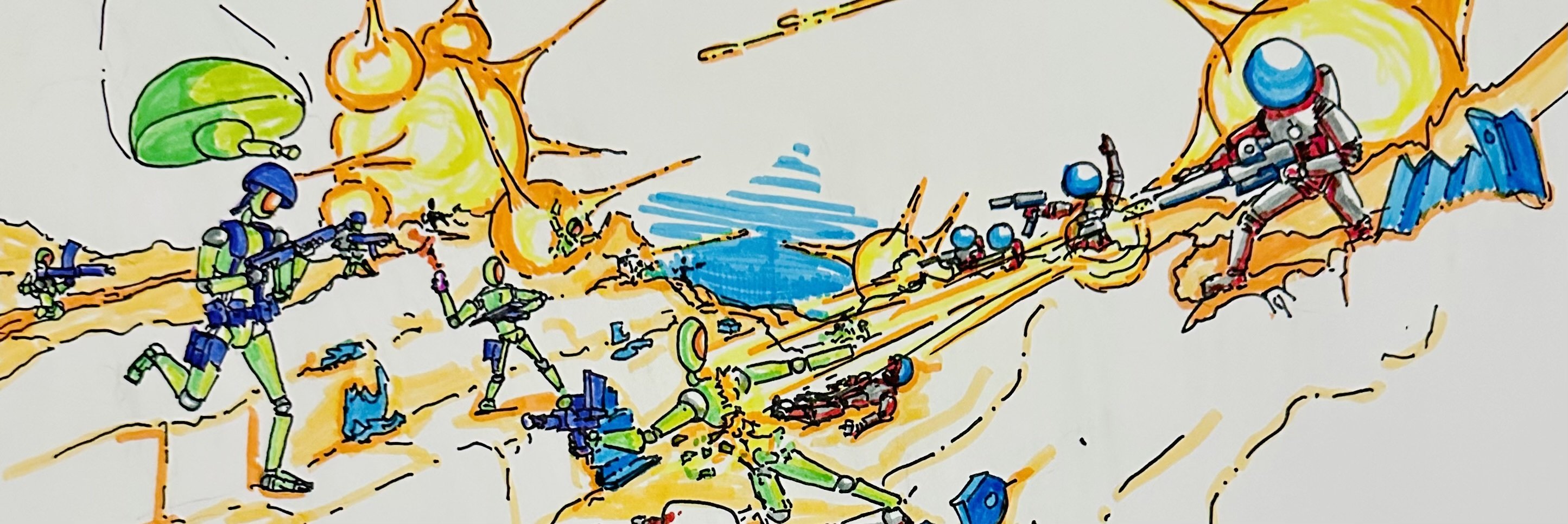

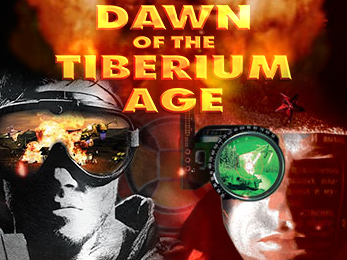


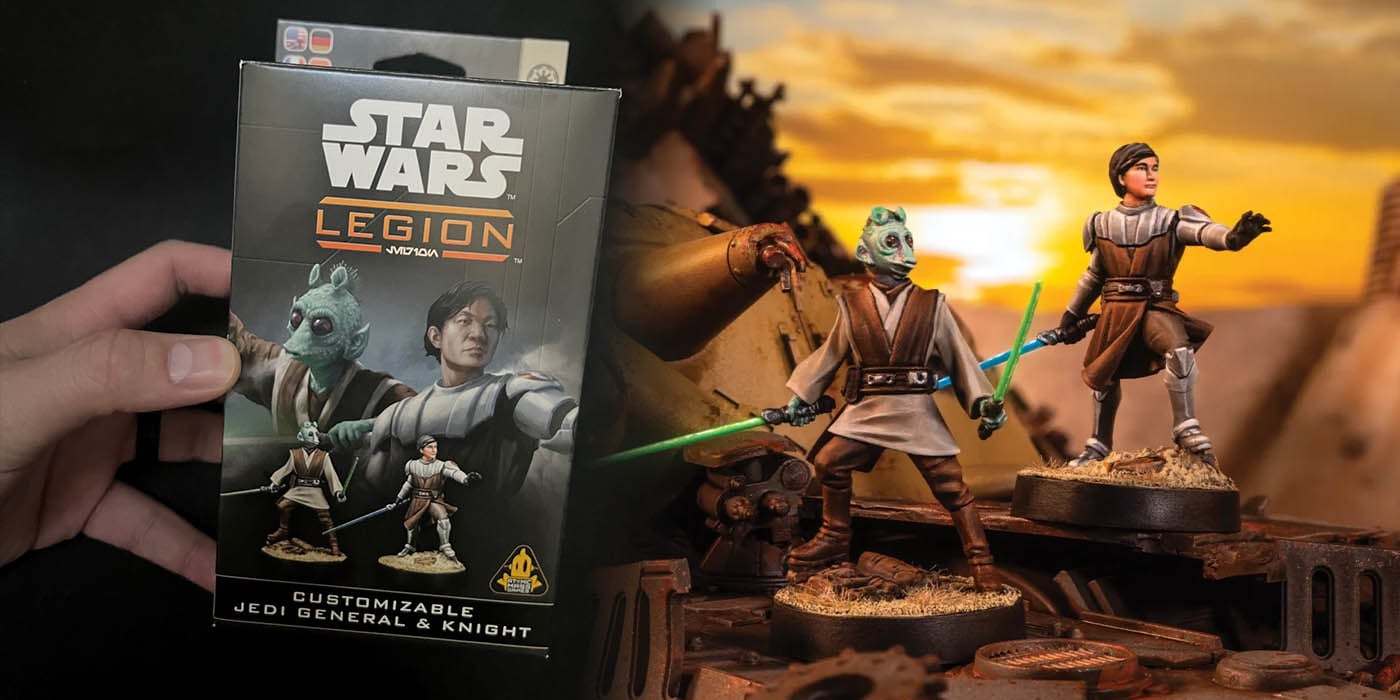
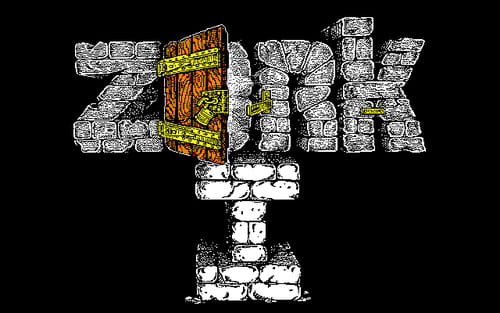
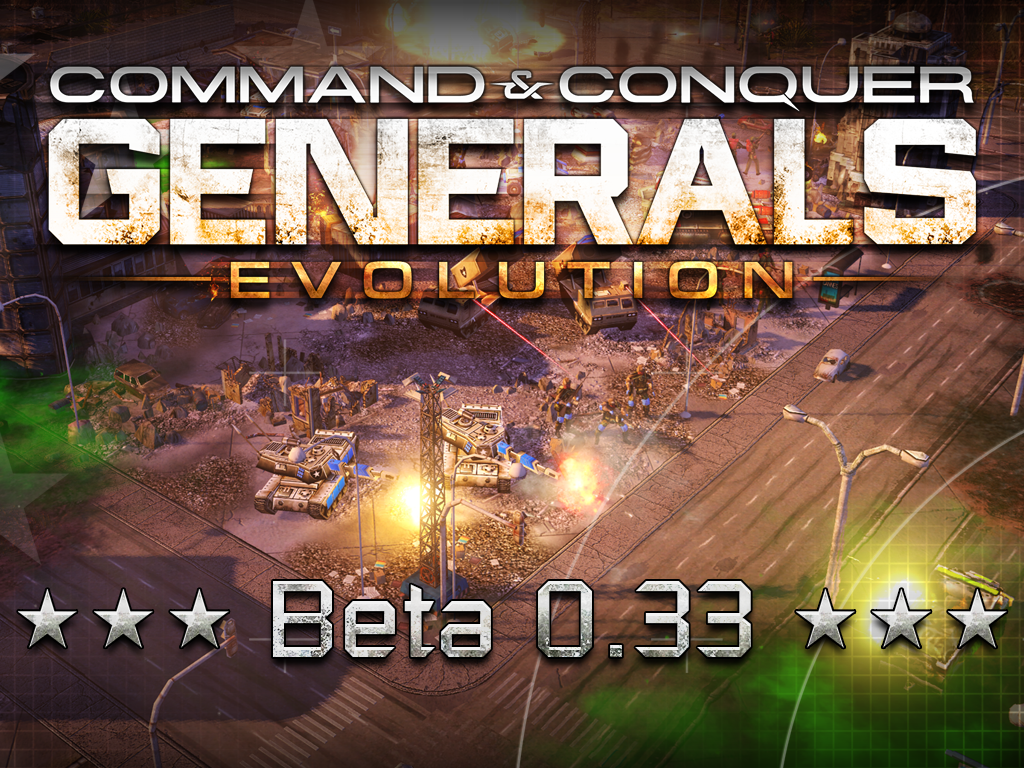
Who made the LW algorithm inorganically push propaganda that lines up with Trump’s agenda?
Or are you suggesting the upvotes themselves are fake? That rather than people simply being interested in the photo, that there are bots waiting to push the insides of a battleship because that translates into political gain?